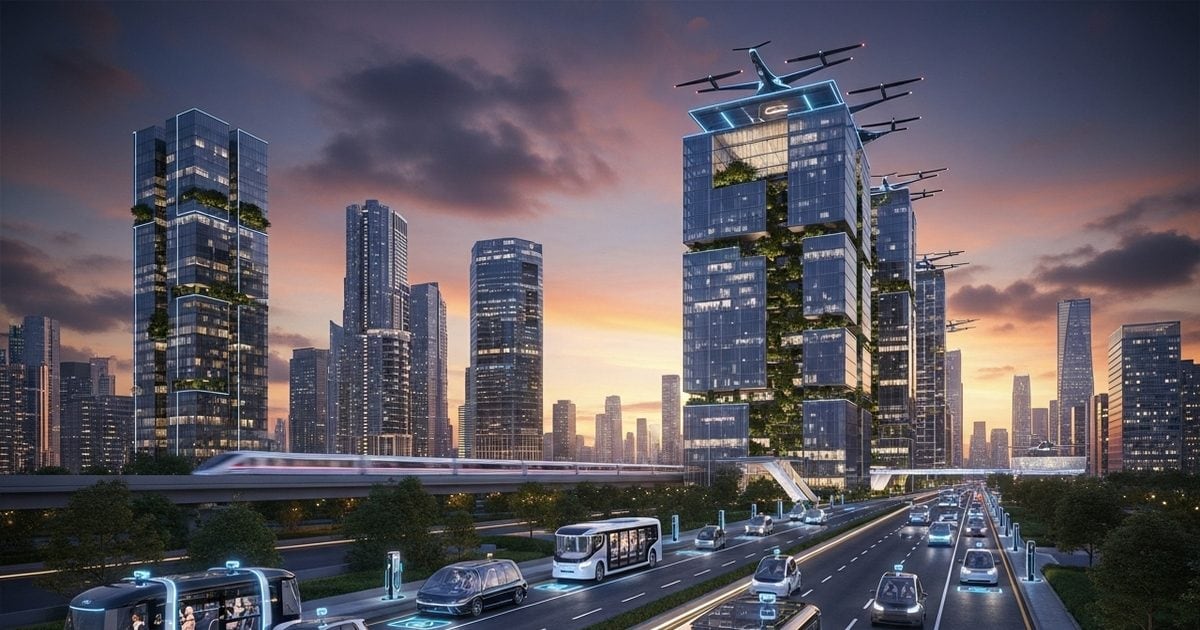New Delhi. The automobile industry of the country and the world is going through a major change these days. Where once petrol and diesel vehicles were dominant, now the speed of electric vehicles (EVs) is increasing on the roads. Environmental protection, rising fuel costs and the government's EV-friendly policy have further accelerated this change. India has also now entered the era of 'Green Mobility'.
The face of transportation is changing
Electric vehicles are not just a new trend, but they are becoming a necessity of the future. Traditional engine-driven vehicles are now being replaced by battery-powered vehicles, which not only reduce pollution but are also lighter on the pocket in the long run. Car manufacturing companies, be it Tata Motors, Mahindra & Mahindra, MG Motors or Hyundai, all are rapidly expanding their EV range. At the same time, in two-wheelers, brands like Ola Electric, Ather Energy, TVS and Hero Electric have registered a strong presence in the market.
Speed of EV increased due to government initiative
The Government of India aims to have at least 30% share of all new vehicles sold by electric vehicles by 2030. For this, subsidies, tax concessions and charging infrastructure are being promoted under the FAME-II scheme. Central and state governments are giving exemption in road tax and registration fees to those buying EVs. States like Delhi, Maharashtra, Tamil Nadu and Gujarat have made it easier for common people to buy EV through their electric vehicle policy.
Charging infrastructure becomes a big challenge
Although the EV sector is growing rapidly, lack of charging stations still remains a major challenge. At present, the number of charging stations is increasing in metro cities, but its reach in small towns and highway networks is still limited. Government and private companies are working together in this direction. Companies like Tata Power, Indian Oil and BPCL are setting up thousands of new charging points across the country so that EV users do not face trouble in traveling long distances.
Increasing customer confidence and falling costs
Earlier, the biggest challenge of electric vehicles was their price. But now with the continuous decline in battery prices and the government's incentive scheme, EVs have become more affordable than ever. People are slowly beginning to understand that although the initial cost of EV may be a little high, the savings in petrol and diesel and low maintenance costs make it beneficial in the long run.
New employment and investment opportunities in auto industry
The EV industry is not only beneficial for the environment, but it has also emerged as a big opportunity for the country's economy. New jobs are being created rapidly in the fields of battery manufacturing, charging station setup, software development and service network. Many foreign investors are also investing here considering the potential of the Indian EV market. Recently, global companies like Tesla, Foxconn and Volvo have shown interest in setting up production units in India.
future direction
The era of electric vehicles will no longer be limited to cities only. In the coming time, EV penetration will increase in rural areas also. Schemes like solar power charging, battery swapping technology and local manufacturing can make India a leader in the direction of sustainable mobility.

